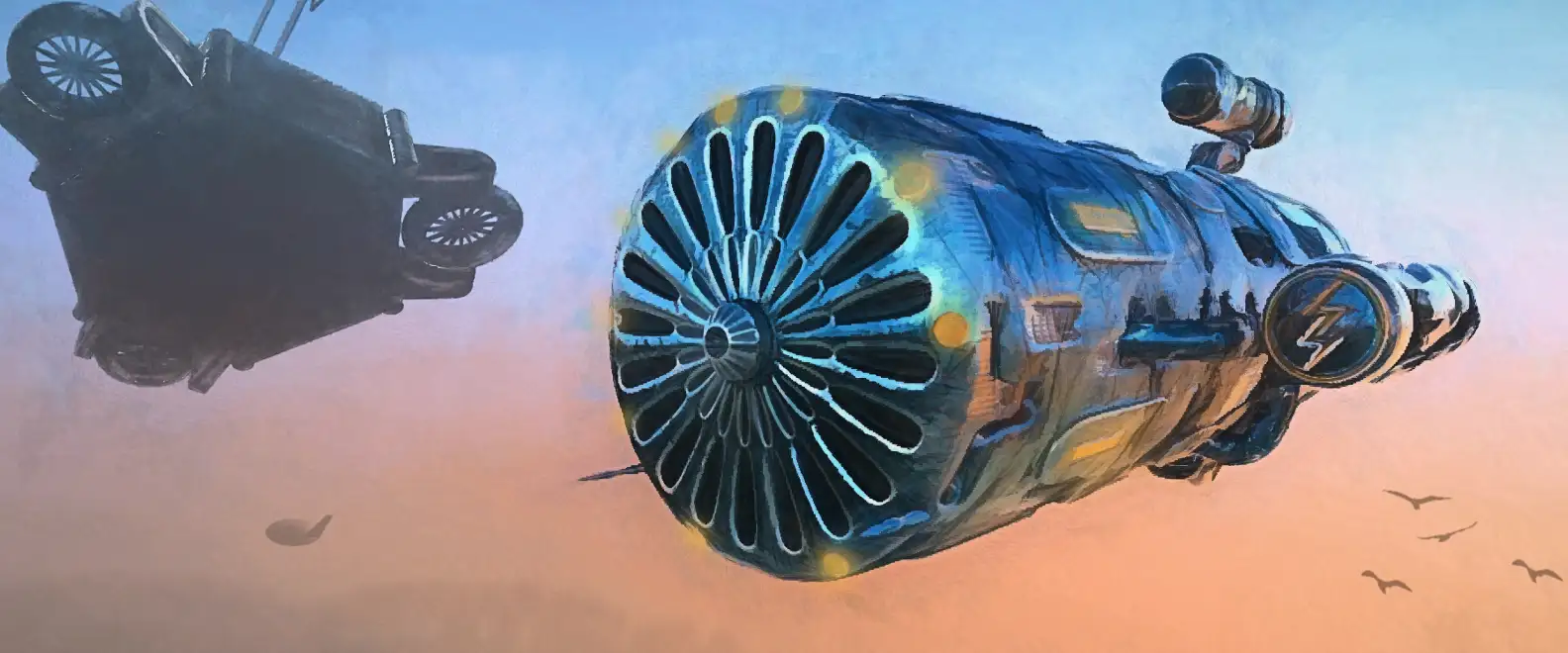Games Vanish: Major Delistings Shake Platforms Under Payment Pressure
In a landmark win for performers and the gaming industry alike, the long-running SAG‑AFTRA strike has officially ended, bringing with it a groundbreaking contract that tackles one of the most contentious issues in entertainment today: artificial intelligence.
After months of negotiation, the union and major game developers reached an agreement in July that provides robust protections for voice and motion-capture actors, many of whom had expressed deep concerns about the unchecked use of AI to replicate their performances. The new deal mandates that studios must obtain informed consent from actors before using or recreating their voices or likenesses through AI tools, a significant step in safeguarding human creativity in an increasingly automated space.
Beyond AI protections, the contract also includes a 15.17% immediate wage increase, with scheduled raises over the next three years. These gains aim to bring compensation in line with the growing demands of game development, where performance capture has become a core storytelling element.
The strike highlighted a growing tension in the creative industries on how to balance technological innovation with ethical labor practices. Performers argued that AI, while useful, should not replace human artistry nor be used without proper credit and compensation. The resolution of this strike may now serve as a template for other entertainment sectors grappling with similar issues.
With this deal, SAG‑AFTRA has reasserted the value of live talent in digital worlds, ensuring that progress doesn’t come at the cost of people. For game actors, it’s not just about securing a paycheck; it’s about maintaining ownership over their digital selves. As gaming technology evolves, so too must the rights of those bringing its stories to life.


